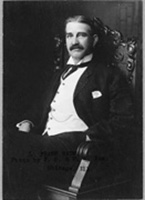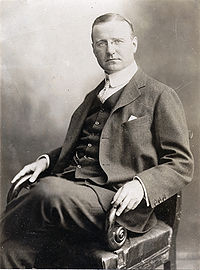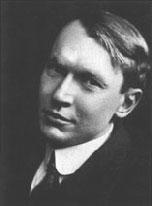
Christopher Robert Reed
Born: 1942 in Chicago, Illinois
Pen Name: None Connection to Illinois: Reed was born and raised in Chicago. He lives there still today. Biography: Christopher Robert Reed is a professor emeritus of history and a former director of the St. Clair Drake Center for African and African American Studies at Roosevelt University in Chicago. He is the author of five books.
Awards:
Selected Titles
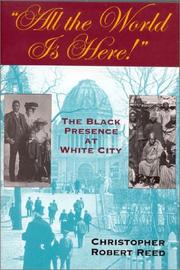 |
All the world is here! : ISBN: 0253215358 OCLC: 41361467 Indiana University Press, Bloomington : ©2000. The 1893 World's Columbian Exposition in Chicago showed the world that America had come of age. African Americans, dreaming that they could participate fully as citizens, flocked to the fair by the thousands. All the World Is Here! examines why they came and the ways in which they participated in the Exposition. According to Reed, African Americans' expectations of the fair varied, reflecting the disparate interests and backgrounds found among seven and a half million Black citizens. Their stories of pathos and joy, disappointment and hope, are part of the story of the Black Presence at White City.--Jacket. |
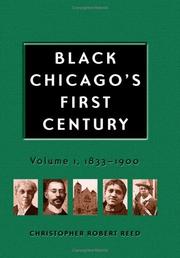 |
Black Chicago's first century / ISBN: 082621570X OCLC: 58468102 University of Missouri Press, Columbia : ©2005- "Examines the first one hundred years of African American settlement and achievements in Chicago. It spans the antebellum, Civil War, Reconstruction, and post-Reconstruction periods"--Provided by publisher. |
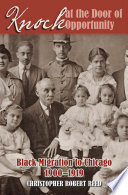 |
Knock at the Door of Opportunity : ISBN: 0809333333 OCLC: 881417214 Southern Illinois University Press, Carbondale : 2014. Disputing the so-called ghetto studies that depicted the early part of the twentieth century as the nadir of African American society, this thoughtful volume by Christopher Robert Reed investigates black life in turn-of-the-century Chicago, revealing a vibrant community that grew and developed on Chicago's South Side in the early 1900s. Reed also explores the impact of the fifty thousand black southerners who streamed into the city during the Great Migration of 1916-1918, effectively doubling Chicago's African American population. Those already residing in Chicago's black neighborhoods. |
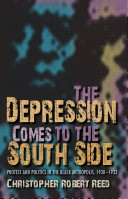 |
The Depression comes to the South Side : ISBN: 0253356520 OCLC: 757756362 Indiana University Press, Bloomington : ©2011. "In the 1920s, the South Side was looked on as the new Black Metropolis, but by the turn of the decade that vision was already in decline -- a victim of the Depression. In this timely book, Christopher Robert Reed explores early Depression-era politics on Chicago's South Side. The economic crisis caused diverse responses from groups in the black community, distinguished by their political ideologies and stated goals. Some favored government intervention, others reform of social services. Some found expression in mass street demonstrations, militant advocacy of expanded civil rights, or revolutionary calls for a complete overhaul of the capitalist economic system. Reed examines the complex interactions among these various groups as they played out within the community as it sought to find common ground to address the economic stresses that threatened to tear the Black Metropolis apart"--Provided by publisher. |
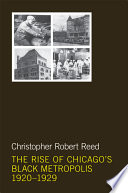 |
The rise of Chicago's Black metropolis, 1920-1929 ISBN: 9780252093173 OCLC: 741407659 University of Illinois Press, Urbana, IL : ©2011. Christopher Robert Reed describes the rise of Chicago's 'black metropolis' of the 1920s, bringing to life the fleeting vibrancy of this dynamic period of racial consciousness and solidarity. Reed shows how African Americans rapidly transformed Chicago and achieved political and economic recognition. |
| The rise of Chicago's Black metropolis, 1920-1929 / ISBN: 0252080106 OCLC: 670480135 University of Illinois Press, Urbana : ©2011. During the Roaring '20s, African Americans rapidly transformed their Chicago into a "black metropolis." The author describes the rise of African Americans in Chicago's political economy, bringing to life the fleeting vibrancy of this dynamic period of racial consciousness and solidarity. He shows how African Americans rapidly transformed Chicago and achieved political and economic recognition by building on the population growth after the Great Migration from the South, the entry of a significant working class into the city's industrial work force, and the proliferation of black churches. Mapping out the labor issues and struggle for control of black politics and business, he gives a view of the entrepreneurial efforts of black migrants, reassessing previous accounts such as St. Clair Drake and Horace R. Cayton's 1945 study Black Metropolis. |


